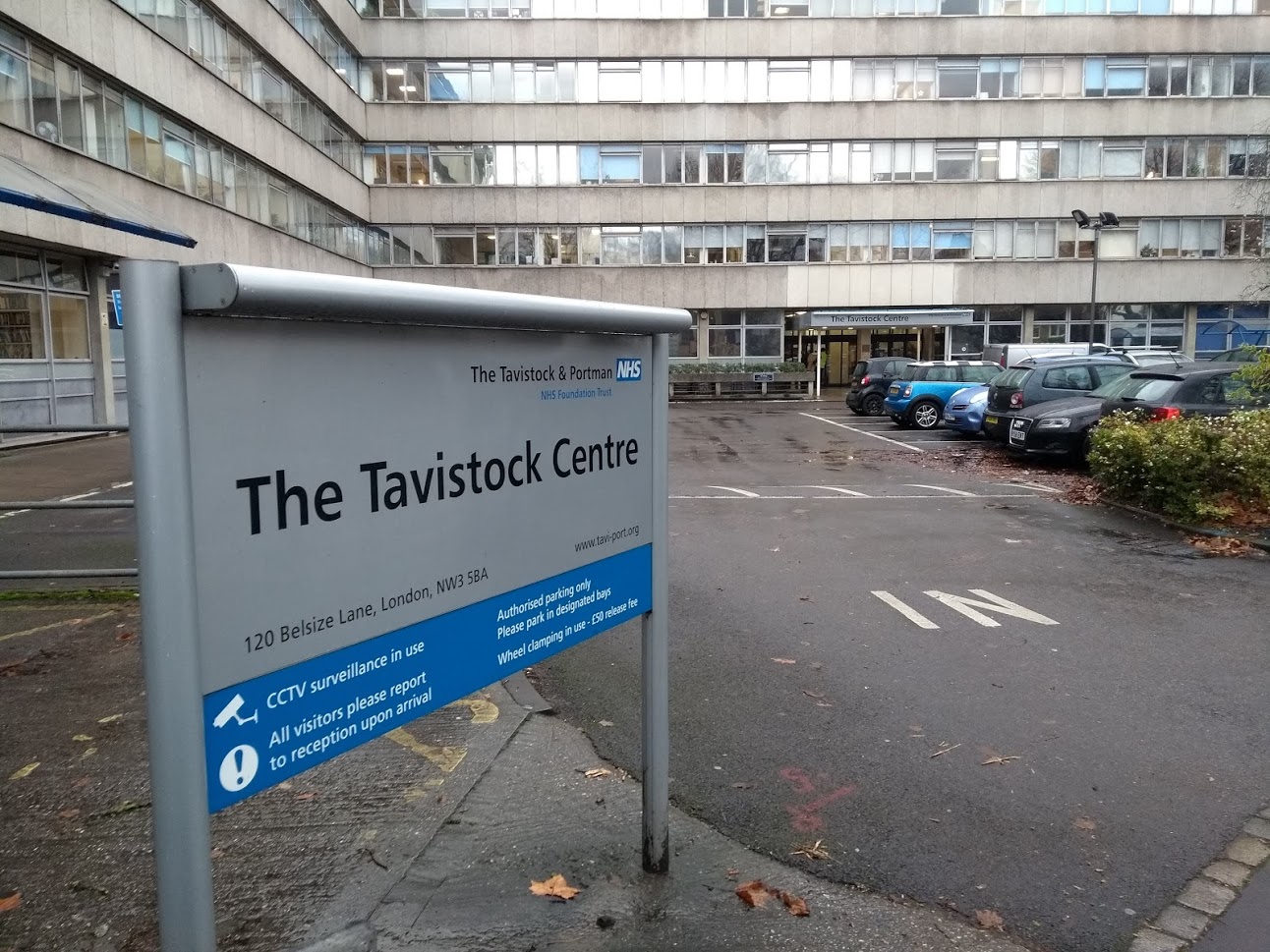Services provided by the Gender Identity Development Service (GIDS, for children) and the Gender Identity Clinic (GIC, for adults) are commissioned by NHS England.
The contract for the commissioning of Gender Identity Development Service (GIDS) for Children and Adolescents can be found here: https://www.england.nhs.uk/wp-content/uploads/2017/04/gender-development-service-children-adolescents.pdf
It is worth noting that the contract is valid until 1st April 2020 – and yet no new contract to supersede this one has been published.
The essence of the contract:
The service will recognise a wide diversity in sexual and gender identities. It will be delivered through a highly specialist multidisciplinary team (MDT) with contributions from specialist social workers family therapists, psychiatrists, psychologists, psychotherapists, paediatric and adolescent endocrinologists, and clinical nurse practitioners. The NHS Commissioning Board is now known as NHS England Children and young people who have disorders of sex development or intersex conditions and other endocrine conditions may be referred if there are associated concerns with gender identity development. If not, other services are available which local services can refer to.
The service will be delivered in line with:
- emerging evidence for best practice
- relevant national and international guidelines for the care of children and adolescents with GD such as the World Professional Association for Transgender Health Standards Of Care For the Health of Transsexual, Transgender and Gender Nonconforming people, (Version 7 2012) (referred to in this document as WPATH SOC v7) and the Endocrine Society’s Clinical Guidelines (2009);
- NICE guidelines specific to the treatment of mental and emotional health and wellbeing including for psychosis, anxiety, and depression.
It is entirely improper that the provision of gender identity services in the UK is ‘delivered in line with the WPATH “Standards of Care”’. There are two reasons why the adoption of these standards is improper:
- WPATH is an activist group by transgender people, for transgender people. The organisation has a vested interest in creating more transgender people because each transgender person ‘validates’ the life choices of the members of WPATH (this conflict of interest is almost certainly the main driver of the Policy Capture seen in many settings in broader society beyond healthcare).
- The WPATH “Standards of Care” do not meet the standards required of Standards of Care (unsurprising given the conflicts of interest and inevitable bias which would result from point #1) a full dismantling can be found here: https://genderreport.ca/bias-not-evidence-dominate-transgender-standard-of-care/
It is of grave concern that NHS England (and other health providers around the world) have been led to believe that the WPATH Standards of Care represent ‘best practice’. Best practice standards of care would be impartial, and evidence based. An organisation called the Society for Evidence Based Gender Medicine (SEGM) is working to bring a more scientific approach to this realm: https://SEGM.org
The various guidelines used by NHS England rely on papers and guidelines dating back as far as 2009. New evidence is emerging all the time. It is notable that the NHS do update their website (and so presumably their operational guidelines) as and when this new evidence percolates through. However, there is much ‘organisational inertia’ which means that these changes are slowed by embedded practice, the time taken to review new evidence, and the scheduling of updated guidance.
This sluggish and unwieldy system slows the sorts of changes which would better serve clients of these services. If harm is to be reduced, these services need to become far more ‘agile’ in responding to developments in their operating environment.
Whatever the guidelines, transgender advocacy groups will coach young people to manipulate their diagnosis in favour of one that leads to medical transition as reported by Irish endocrinologist Donal O’Shea (Horan, 2019).
Consequently, any revised guidelines need to include safeguards to protect vulnerable young people who have been groomed in this manner.
Ultimately, the test for whether any ‘gender identity’ services are delivered under an ethical framework would be that no patients are harmed by being transitioned in error.
For this to happen, the gender affirming model, with its rapid progression to the medical pathway, needs to be replaced with a more circumspect, non-affirming model of treatment.
Detransitioner Keira Bell says: “I wish that I had been challenged and helped to live in my natal sex.”
In addition to the flawed ‘Service Contract’ commissioning Gender Identity services, NHS England is also a signatory to ‘The Memorandum of Understanding on Conversion Therapy Version 2’ – this Memorandum of Understanding (MOU2) was promoted by Stonewall and others and includes gender identity with sexual orientation in an attempt to ban non-affirming treatments by labeling them as ‘conversion therapy’.
The Service Contract combined with MOU2 prevent non-affirming approaches to gender identity healthcare in the United Kingdom and both must be replaced as a matter of some urgency. For while these documents are influencing NHS treatments young people are being transitioned in error. Consequently, young people are being harmed. We owe a duty of care to these young people to stop ideologically driven treatment protocols.

